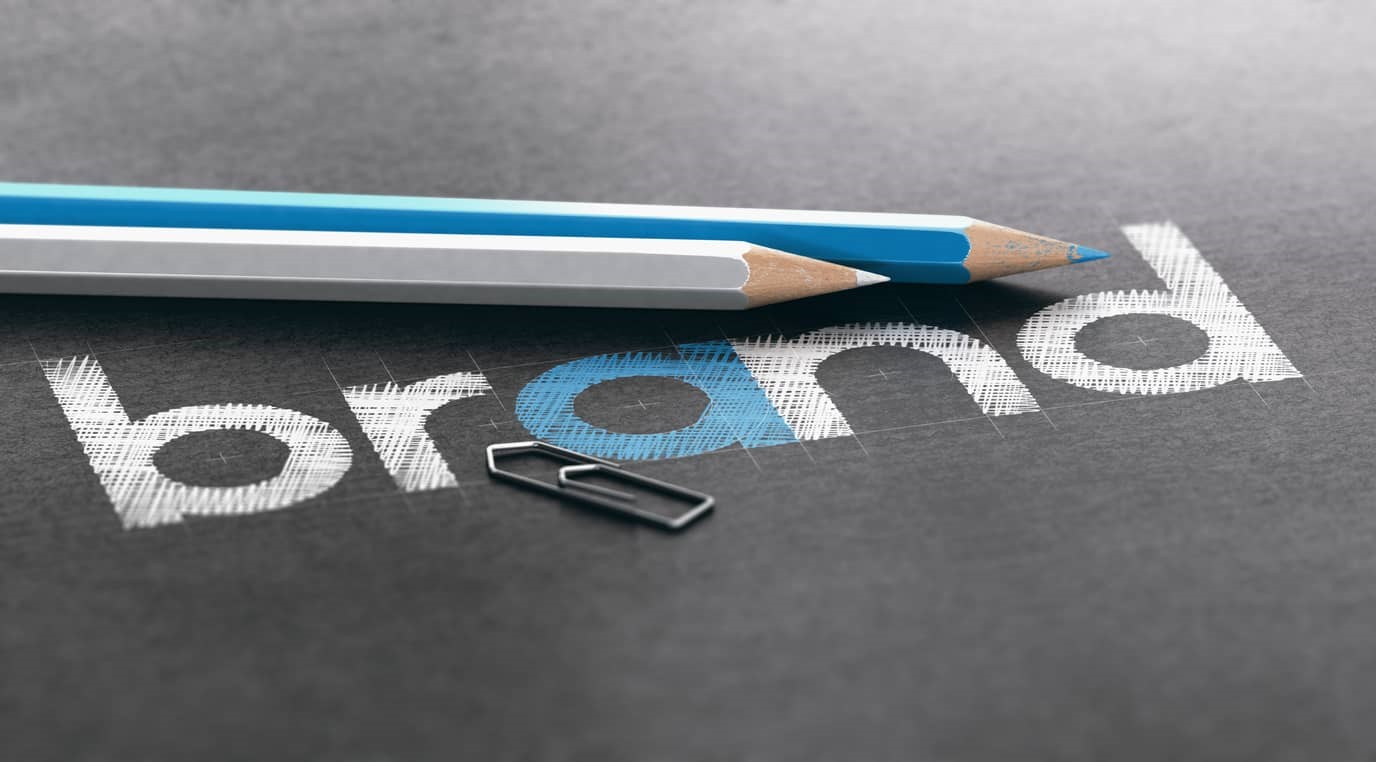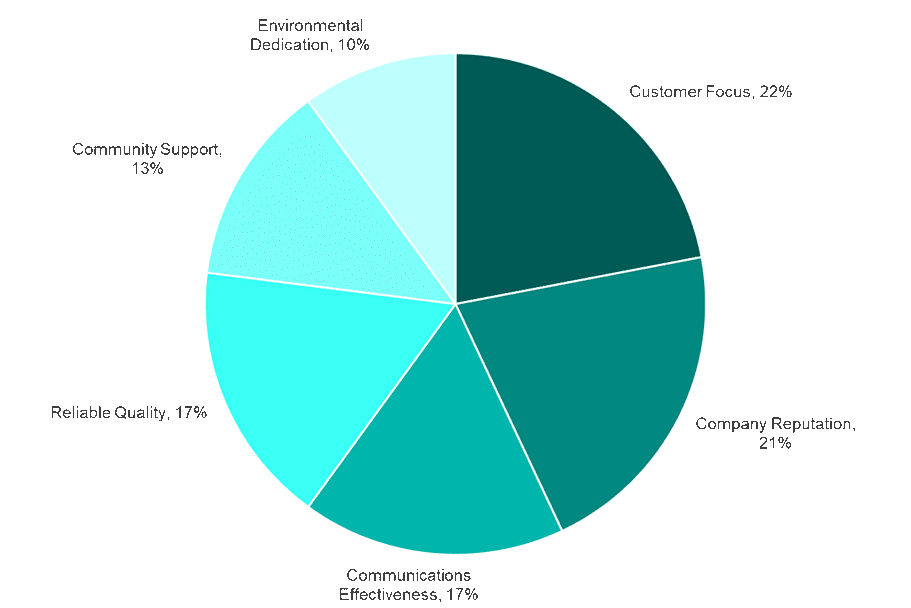
Jim, my neighbor, was stealing catalytic converters. Sally, another neighbor, gave out poisoned candy for Halloween. And my son’s friend Ted was selling Oxy at local high school football games.
So said posts in our neighborhood’s social media platform.
All those posts were false. How did I know? Because I knew Jim, Sally, and Ted. They would not do those sorts of things.
Lies have consequences. Someone reading those posts who didn’t know Jim, Sally, or Ted might be outraged and believe that some form of retribution — throwing a brick through their window or slashing their car tires — might be in order. You could see where that could lead.
Fighting Misinformation and Confirmation Bias with a Strong Brand
I thought about lies, consequences, and the value of a strong brand last month, in the aftermath of Hurricane Helene, when social media, and some media outlets, were filled with lies about the federal response to that disaster. The never-ending culture wars in the U.S., or an attempt at election interference from abroad, apparently drove most of the dishonest social media posts and reposts.
There’s an important lesson for utilities in all of this: The best way to prevent lies from gaining traction in the areas you serve is to be well-known for positive things in those areas. In other words, having strong brand attributes.
Establishing and maintaining a reputation for doing the right thing — by helping others in need, offering programs that respond to customers’ needs, restoring outages quickly, or finding opportunities to interact in a one-on-one basis with members of the community — should be close to the top of every utility communicator’s “to do” list.
Lies and misinformation can be preempted by a strong brand, which often relies on the benefit of the doubt. Utilities need the benefit of the doubt if they want to operate effectively. Once the public loses confidence in an organization, it can be hard for that organization to operate effectively. It must spend time batting down lies and correcting misinformation, rather than doing its real job. Better to act proactively and build your brand continuously — before you need it.
Communications Tip of the Month: In these uncertain, anxious times, it is more important than ever for utilities to be well-known in their communities. Having a brand with a positive, top-of-mind connection with your stakeholders is the best way to combat misinformation and lies.
If I did not know Jim, Sally or Ted, I might jump to conclusions and believe the lies about them on social media. But since I did know them, I was able to dismiss the false statements about them. If those falsehoods were repeated, I would come to their defense on that platform. 
I have interviewed many utility communicators who have had to push back on misinformation in their community. Setting the record straight is never easy, particularly if it has to be done repeatedly.
While the truth can be messy and complicated, the appeal of a lie, or a half-truth, is its simplicity.
This is doubly true if the lie, or half-truth, tends to confirm what we already think or believe. Ted, the alleged oxy peddler, always seemed a little sketchy. Hmmmm…
This is called confirmation bias. It has been widely studied and validated by social scientists for decades. It’s part of every college-level Psychology course. Confirmation bias can have deadly consequences, as shown brilliantly in a classic Twilight Zone episode, “The Monsters are Due on Maple Street.”
I blog on confirmation bias from time to time, mainly because everyone is served by one or more utilities, many people have strong feelings about their utility, but few people really know anything about what is involved in the delivery of electricity, natural gas, or water. So, utilities can trigger confirmation bias in their customers if they do things that customers don’t like, like raise prices.
Reputation a Critical Ingredient for Customer Trust
A company’s reputation is a significant driver in determining whether stakeholders trust that brand. According to market research from Escalent Cogent Syndicated, a company’s reputation is the second-most impactful driver in determining whether to trust that brand or not.

Credit: Escalent Cogent Syndicated
These days, figuring out the truth about almost anything can be complicated and time-consuming. We live in an increasingly complex world, and all of us are busy. Few people have the time, skills, or inclination to research whether rooftop solar will really end your utility bills, if climate change really is real, or if electric equipment like advanced digital meters actually cause cancer. So, the natural, almost unconscious rule of thumb many people fall back on is, “Does that sound like something this person or organization would do?”
That’s where an organization has to fall back on the reputation of its brand and the benefit of the doubt among its stakeholders.
In a crisis, or even an uncertain situation, people fall back on those rules of thumb. And that’s where a blurry brand, or a negative one, can be a problem.
 Ongoing community engagement is the best way to demonstrate your brand, which can also preempt misinformation or disinformation (which is intentionally repeating information one knows to be false). This is what utility communicators have told me, and this is what I have experienced in my own work as a utility spokesperson. Finding ways to humanize your utility’s brand is a no-regrets activity that will, someday, pay significant dividends.
Ongoing community engagement is the best way to demonstrate your brand, which can also preempt misinformation or disinformation (which is intentionally repeating information one knows to be false). This is what utility communicators have told me, and this is what I have experienced in my own work as a utility spokesperson. Finding ways to humanize your utility’s brand is a no-regrets activity that will, someday, pay significant dividends.
Creating community goodwill can create a valuable cushion for a utility when something bad does happen. The recovery time for a well-known brand is shortened. And it also can proactively protect a utility from inaccurate or false information that finds its way onto community message boards, social media, or the news media. Time and again, I have spoken with utility communicators who were gratified that their stakeholders stood up for them when the utility was being badmouthed on social media or the internet.
If you give your stakeholders a fair shake, chances are they will stand up for you. Maybe they’ll even call out lies with a “fake news” shoutout.
Photo credits: iStock unless otherwise noted
_____________________________________________________________________________
Additional EEC Resources
_________________________________________________________________
Planning for Your Utility’s Next Crisis?
 If not, you need to be. You might ask, how do we plan for a crisis when we don’t know when or what it will be?
If not, you need to be. You might ask, how do we plan for a crisis when we don’t know when or what it will be?
EEC has compiled a Q&A tip sheet taken from an interview we had earlier this year with Thomas Fladung, managing partner at Hennes Communications.
In this publication, you and your crisis communications team can find out answers to some of the most common questions like, “Does our utility really need a crisis communications plan?” or “How would we create a crisis communications plan?”
Don’t wait…get started on that plan NOW!
LEARN MORE
The post A Strong Brand Can Defeat Lies — Here’s How appeared first on Egan Energy.




